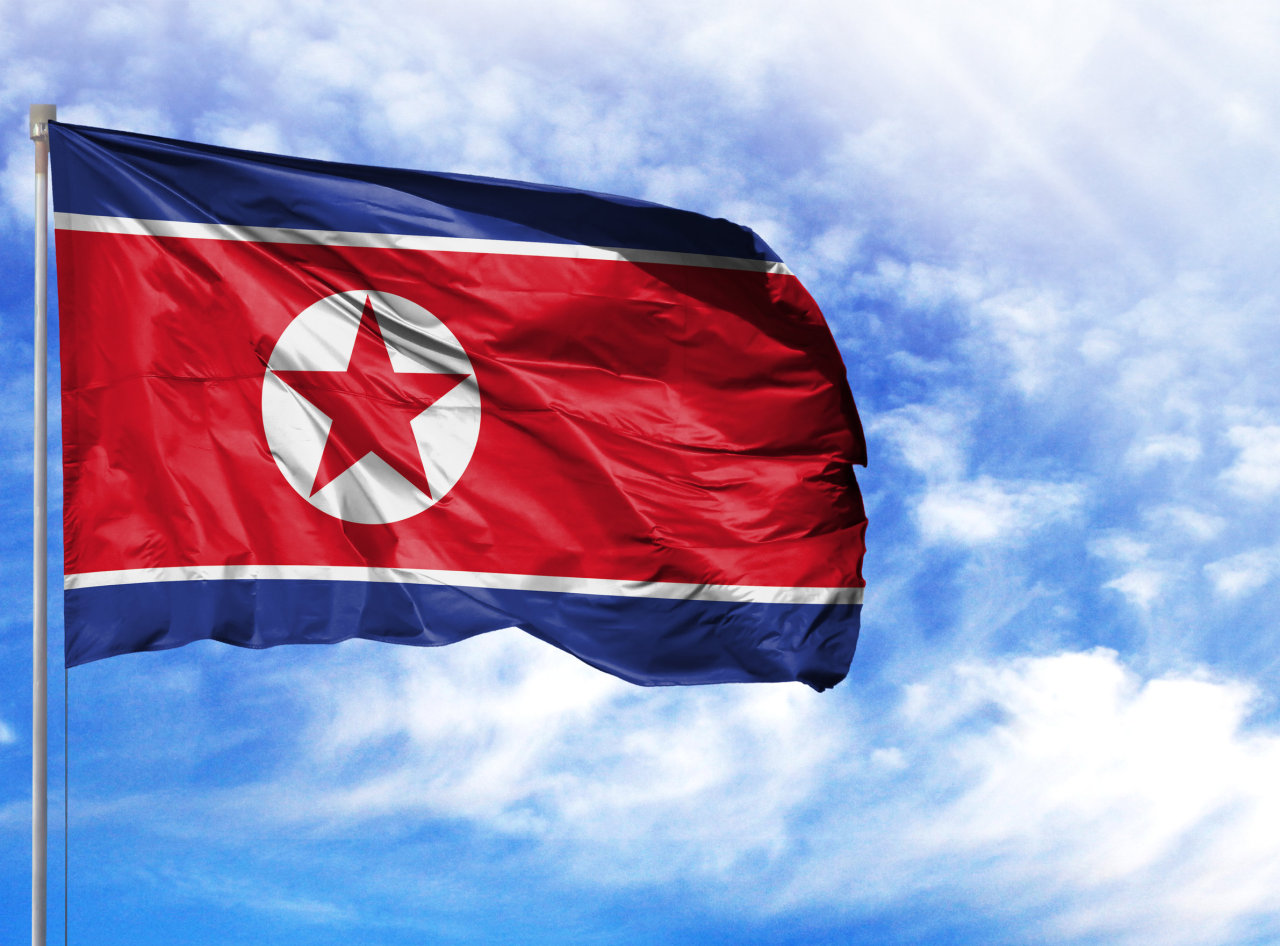‘Golden time’ in inter-Korean relations is up till March presidential election: KINU
By Ahn Sung-miPublished : Dec. 15, 2021 - 15:11

The runup to the March 9 South Korean presidential election could be a “golden time” to make strides in the stalled diplomacy with North Korea and a potential inter-Korean summit could be an answer for a breakthrough, experts at the state-funded think tank said Wednesday.
“The period up till the presidential election could be the ‘golden time’ where decisive change could happen (on the peninsula),” Lee Sang-sin, a research fellow at the Korea Institute for National Unification, said during a press conference organized by the Seoul-based think tank.
He added that North Korea, which faces both an economic crisis and food crisis due to the coronavirus border lockdown and long-standing sanctions, won’t be able to maintain its current status for too long. At the same time, the US cannot leave Pyongyang’s nuclear issue unattended for too long.
“With aggravating burden, (the countries) will have to come to terms that the North’s nuclear issue needs to be resolved one way or another,” said Lee. “In this sense, Seoul’s role will become very important in order to revive the peace process on the Korean Peninsula.”
Lee said a potential inter-Korean summit between President Moon Jae-in and North Korean leader Kim Jong-un could serve as a breakthrough to reactivate the peace process on the Korean Peninsula. But due to the severe coronavirus lockdown in the North and considering there is little time left until the election, a virtual format is more likely to take place than a face-to-face meeting.
In regard to Seoul’s push to formally declare an end to the 1950-53 Korean War, Lee stressed that success will depend on three aspects. They are whether South Korea and the US will complete the drafting of the declaration, suggesting and convincing the North to sign on to the declaration and finally getting China’s cooperation.
“One of the most effective ways to convince the North is for Seoul and Washington to propose that they will temporarily cease joint military exercises in return for the North’s suspension of nuclear and missile tests,” said Lee. “If Washington and Pyongyang could meet each other’s demands, (Seoul) can possibly bring these two countries to the table for the end-of-war declaration.”
Cho Han-bum, a senior researcher at KINU, however, noted that the current environment to declare an end to the Korean War is not too favorable.
“China in the past has been ambiguous about the end-of-war declaration, but it has recently expressed support,” said Cho. “China’s entry could give a boost to the declaration, but it’s also a ‘double-edged sword.’ This is because Beijing doesn’t want a reinforcement of the South Korea-US alliance and the US military presence in Korea amid its strategic competition with Washington.”
He said the North is also less likely to agree to the end-of-war declaration unless it comes with substantial actions from Washington in return, such as easing sanctions on Pyongyang.







![[Graphic News] More Koreans say they plan long-distance trips this year](http://res.heraldm.com/phpwas/restmb_idxmake.php?idx=644&simg=/content/image/2024/04/17/20240417050828_0.gif&u=)
![[KH Explains] Hyundai's full hybrid edge to pay off amid slow transition to pure EVs](http://res.heraldm.com/phpwas/restmb_idxmake.php?idx=644&simg=/content/image/2024/04/18/20240418050645_0.jpg&u=20240419100350)






![[From the Scene] Monks, Buddhists hail return of remains of Buddhas](http://res.heraldm.com/phpwas/restmb_idxmake.php?idx=652&simg=/content/image/2024/04/19/20240419050617_0.jpg&u=20240419175937)

![[KH Explains] Hyundai's full hybrid edge to pay off amid slow transition to pure EVs](http://res.heraldm.com/phpwas/restmb_idxmake.php?idx=652&simg=/content/image/2024/04/18/20240418050645_0.jpg&u=20240419100350)

![[Today’s K-pop] Illit drops debut single remix](http://res.heraldm.com/phpwas/restmb_idxmake.php?idx=642&simg=/content/image/2024/04/19/20240419050612_0.jpg&u=)